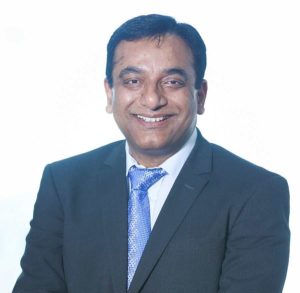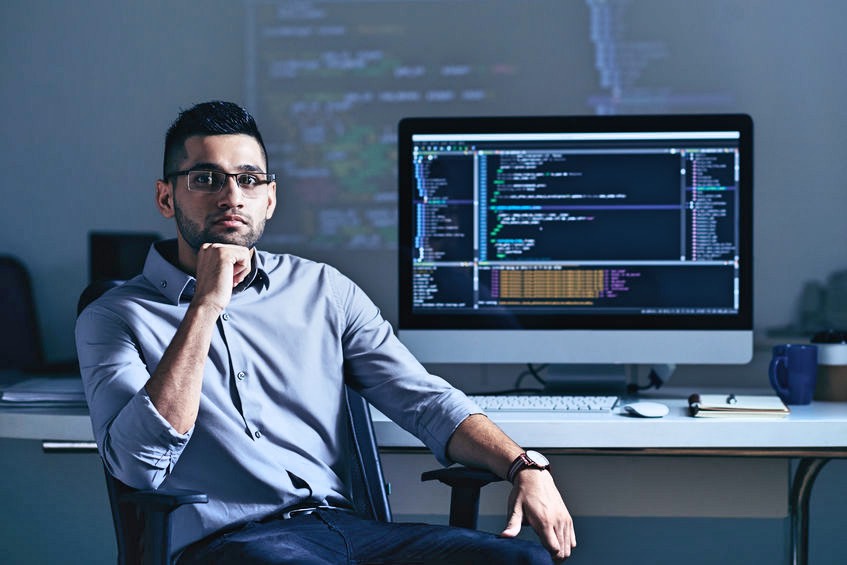Oracle connects with the developer community through a series of gatherings around the world called Oracle CODE. It recently conducted the third Oracle CODE event in Bengaluru, India — a free event for developers to explore the latest developer technologies, practices, and trends. The event brought together technical experts, industry leaders, and other developers. Apart from the keynotes, technical sessions, and demos developers were able to get hands-on in the labs. They experienced cloud development technology in the Groundbreakers Hub with workshops and other live, interactive experiences and demos.
Oracle CODE is a global event and will next take place in Rome (April 4), Berlin (April 9), Shenzhen (April 16), New York (April 21), and soon in Tokyo. The grand finale to the series will occur in parallel with Oracle OpenWorld in San Francisco.
DIGITAL CREED spoke to Ravi Pinto, Director – Product Management, Oracle Cloud Platform who has been involved with Oracle CODE since its introduction in India. In this role, Pinto evangelizes the broad range of platform services available and how they can be used to achieve the desired outcome. He works with customers (CIO/CTO/CEO level) to ensure their success in adopting and exploiting the Oracle Cloud. Ravi has more than 30 years of experience in the field of Enterprise Software architecture, development, deployment and management.
Excerpts from the interview:
DC: Can you give us some background about Oracle CODE?

Ravi Pinto, Director – Product Management, Oracle Cloud Platform
Ravi Pinto: Oracle CODE started 3 years ago. It has been rolled out as a global event and it’s the third year we are hosting it in Bangalore. We call it ‘By Developer. For Developer’. There are both Oracle and non-Oracle speakers. The speakers show live demos using various services to their audience, who are hard-core developers (who write code).
We also have Oracle speakers. For instance, the keynote speaker from Oracle today spoke about a new VM from Oracle called GraalVM. It helps Java developers create efficient and performance code. In addition, developers of other programming languages such as Python, R, and Ruby can leverage the performance that we built into the VM.
Oracle CODE occurs in countries across APAC, Europe, and the U.S. Soon we will also have it in Tokyo, Japan. The final wrap up happens alongside Oracle OpenWorld San Francisco, where we also run CODE as a parallel event, which brings in Java developers as well as other language developers together — to talk to them about the latest technologies.
DC: How is Oracle CODE different from other developer events that are happening in the industry?
Ravi Pinto: Developer events conducted by other vendors talk about that vendor’s technology and have that vendor’s speakers. The difference here is that we call for papers globally, 3 months before the event. A panel of judges reviews the papers. They check if the paper is about current technologies and if it is something of interest to developers. The speakers at Oracle CODE need to do demos and not just PowerPoint presentations.
I have been involved right from the first event and each year I see the audience growing. And that’s because it is not about vendor-driven technology. Of course, there would be some discussions about Oracle Autonomous Database, but we also have industry speakers. For instance, there is a speaker from Twitter who spoke about how they use GraalVM at Twitter to enhance the performance of a backend Java application. These are vendor neutral topics.
DC: How does Oracle support developers with free credits, training etc.?
Ravi Pinto: We give developers credits to start with, and if they want to continue using services further they can either pay as you go or have a monthly credit pool from which we keep on … on how they use services.
We work with customers, developers, start-ups, and universities in trying to give them access to technology so that they can build the next great application.
DC: Does the event also include discussions on open source frameworks and technologies?
Ravi Pinto: Certainly! There are multiple sessions on how developers are using Kubernetes and containerisation. There are demo booths that are showing this. Oracle has a managed Kubernetes service which we are demoing here. Other open source projects are discussed as well. GraalVM itself is an open source project that is available on GitHub.
DC: What kind of business apps are coming out from this collaboration?
Ravi Pinto: We do not work with the developers to necessarily build an application. It is about the technologies, services, and the platform that we provide them to build their applications. We also work closely with developers and participate in meetups, where we talk about our tech. We also provide credits for them to start using our services.









